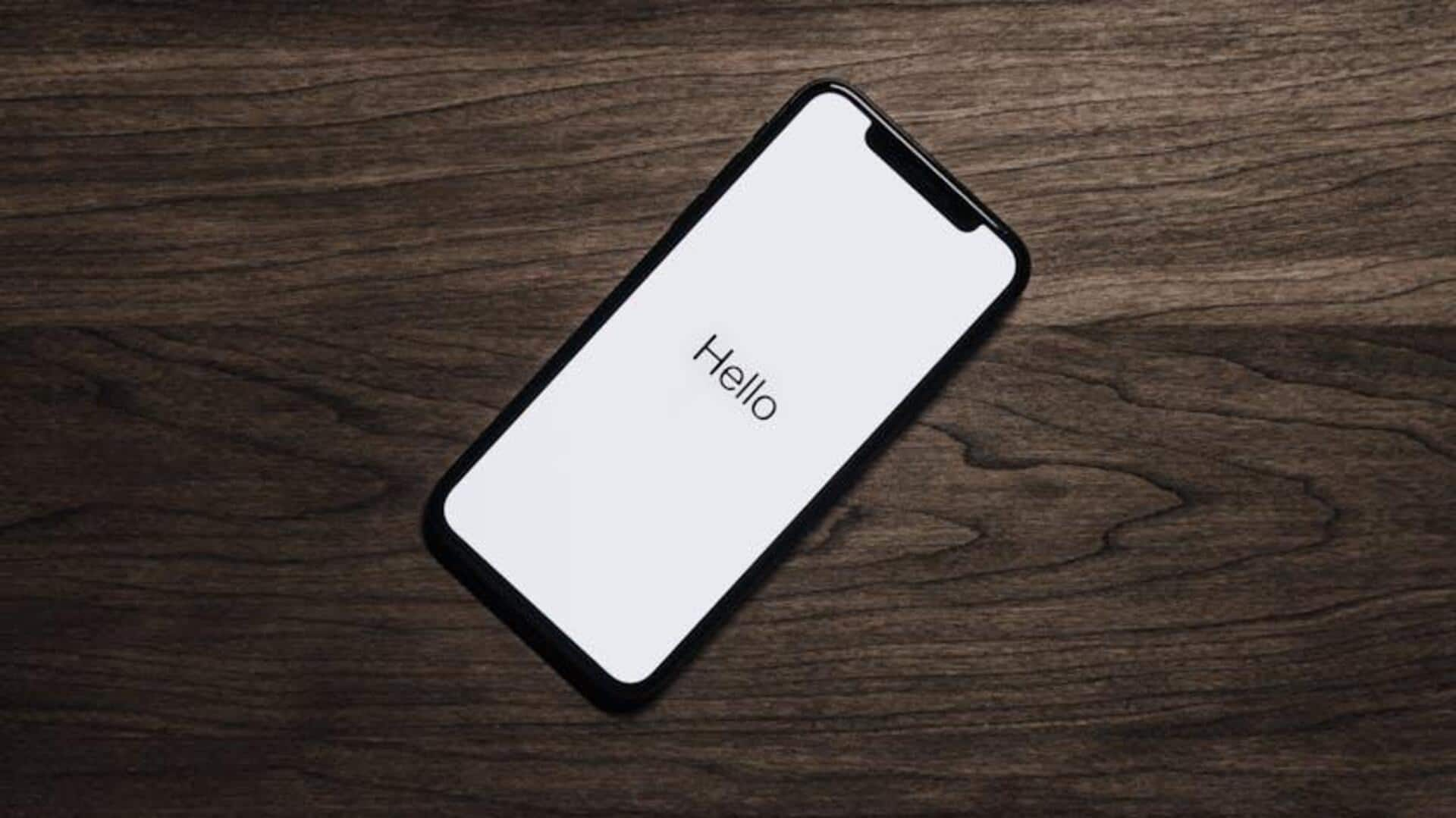
How to manage app notifications on your smartphone
What's the story
In the modern digital age, app notifications can be a major stressor. They keep on demanding attention, pulling us into distractions and diminishing our productivity. However, by optimizing these notifications, you can keep your digital world in check and keep stress levels at bay. Here are some practical ways you can take charge of your notification settings and maintain a healthy relationship with tech.
Drive 1
Prioritize essential notifications
One of the best ways to deal with digital stress is by prioritizing necessary notifications. Figure out which apps you really need to use on a daily basis and allow only those to send alerts. This way, you'll avoid unnecessary interruptions and be able to concentrate on what really matters. It keeps the flow of information streamlined without bombarding you with alerts.
Drive 2
Utilize Do Not Disturb features
Most smartphones come with a "Do Not Disturb" option that can be tailored to suit your needs. By defining certain times to silence notifications, you can get uninterrupted time for work or some relaxation. This is especially handy during meetings or when sleeping, when only critical communications manage to ring through the silence.
Drive 3
Group notifications effectively
Grouping notifications is another trick that helps reduce digital clutter. Many devices also let you bundle alerts from the same app into one notification summary instead of getting them separately. This way, not only does your notification panel remains decluttered but also you can deal with multiple updates at once without being bombarded with so many alerts.
Drive 4
Customize notification sounds and alerts
Customizing notification sounds and alerts can make a world of difference in how we perceive incoming messages. By giving different tones for various types of notifications or disabling sounds completely for nonessential apps, you can better judge the importance of each alert without having to check your device all the time.
Drive 5
Regularly review app permissions
Regularly review app permissions to ensure only necessary apps are allowed to send notifications. Periodically review which apps have permission settings enabled and tweak them as per current usage patterns or changing priorities over time. This way, you can keep control over what information demands attention throughout the day and reduce potential sources of stress caused by excessive alerts from less relevant apps.